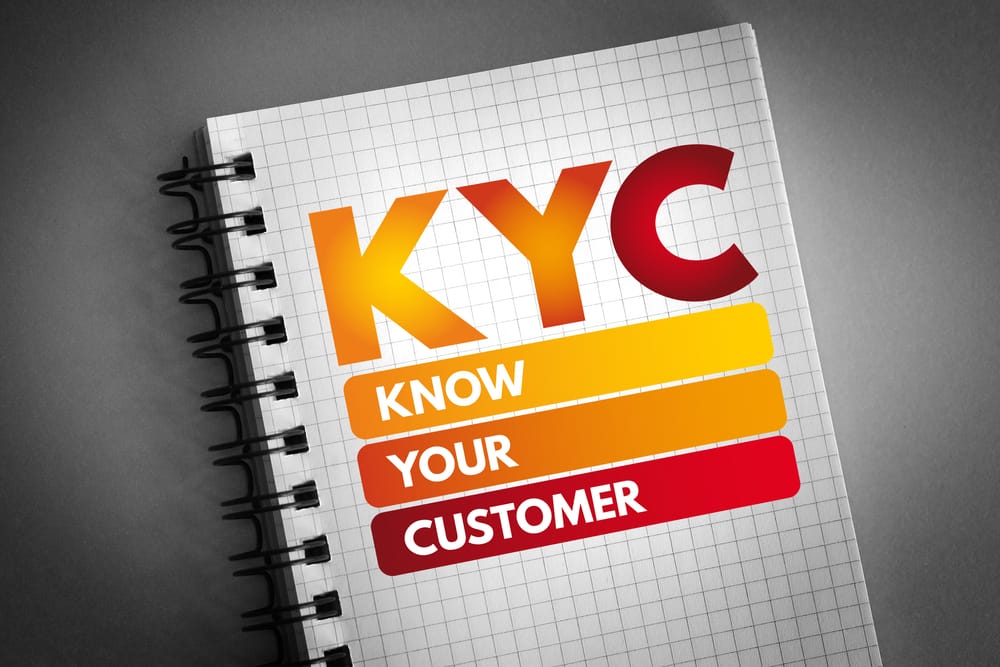Uncovering the Risks of Synthetic Identities
Meet “Joe Smith”, your suspiciously-good-on-paper prospective client applying for a line of credit. While many of Joe’s details seem to be tied to real documents like a valid Social Insurance or Social Security Number (SIN/SNN), address, and (of course) a glowing credit history, something seems a little…off. That’s because “Joe” doesn’t exist, and the information you’ve obtained has been compiled by talented fraudsters looking to use a synthetic identity to circumvent typical KYC (Know Your Customer) protocols for nefarious purposes.
As a highly complex and yet rapidly growing-more-common form of fraud, the illicit use of synthetic identities poses a unique risk to businesses due to the “long con” nature of this specific type of crime. Designed to go under the radar and pass base-level identity checks, synthetic identities can be used for multiple purposes including fraudulently obtaining money, creating false identity documents for travel or residency, human trafficking, and more.
At iComply, we know that the biggest key to success when it comes to preventing fraud is awareness and vigilance, made easier by utilizing software and processes that can help you identify red flags faster, more effectively, and with greater accuracy. Below, we’ll take a brief look at the logistics of synthetic identity fraud, how you can protect yourself, and why partnering with a trusted end-to-end KYC and EDD platform like iComplyKYC is one of the best forms of prevention you can access in today’s market.
What is Synthetic Identity Fraud?
Synthetic identity fraud refers to using a combination of real and manufactured (fake) personal information to create a fraudulent entity/person to commit a crime. The compiled information used can vary widely depending on the intended purpose of the new identity, but frequently includes SIN/SSNs, credit reports, known addresses, dates of birth, etc. These details are all used to “Frankenstein” a new identity that is then used to build credit or facilitate other fraudulent purposes.
Unfortunately, synthetic identities can be incredibly hard to detect outright because there is no clear victim for the misinformation to be linked; and unless your KYC system has the right safeguards in place, your team may not know what to watch out for. For example, it is not uncommon for financial institutions to be unaware that identity fraud has occurred until after a crime becomes evident, as the criminals involved will often spend months or even years grooming their fake profile to behave like a typical customer with occasional money issues (as opposed to more overt methods).
This level of masking criminal activity makes synthetic identity fraud highly dangerous and an ever-growing concern for businesses and institutions, especially as the black market for vulnerable information considers to skyrocket in value.
How to Safeguard Against Synthetic Identities
Protecting your organization against fraudulent users is not simply jurisdictionally mandated, it’s also essential for the longevity and viability of your business. Having a refined process in place to do initial KYC screening, as well as Enhanced Due Diligence where necessary, is crucial for the short- and long-term success of your business. With countless shifting variables and evolving global legislation presenting new challenges for business and institutional leaders, utilizing a vetted software platform is often the best way to make sure every detail and potential risk is covered and to remove errors commonly caused by manual review.
At iComply, we know that when vetting customers and prospective business partners, “probably right” simply isn’t good enough. Our unique modular suite of identity proofing and identity verification programs is designed to make it easy to take a closer look, get the information you know you can trust, and protect your team, your clients, and your investors from unnecessary risk. Our software can be set up within minutes, seamlessly integrating into your existing workflows to make staying up-to-date with evolving legislation simple and secure.
Learn why iComply is one of the world’s first truly end-to-end KYC solution providers, and discover how our software can help you avoid synthetic identity fraud by booking a demo and contacting our team today.
learn more
Is your AML compliance too expensive, time-consuming, or ineffective?
iComply enables financial services providers to reduce costs, risk, and complexity and improve staff capacity, effectiveness, and customer experience.
Request a demo today.
2025 Outlook: Data Privacy and Security in KYB, KYC, AML Compliance
In today’s rapidly changing digital landscape, data privacy and security are more crucial than ever for compliance teams. As regulations tighten and cyber threats evolve, businesses must prioritize innovative solutions. Enter edge computing, a game-changer for KYC,...
New FinCEN Geolocation Rules: How iComply’s Latest Update Keeps You Ahead
FinCEN’s New Geolocation Rules: How iComply Can Help
Stay ahead of FinCEN’s stricter KYC requirements with iComply’s advanced geolocation and biometric verification technology. Enhance compliance, prevent fraud, and maintain a seamless user experience.
A Quick-Start Guide to AML Compliance
Building a Robust AML Program: A Compliance Officer’s Guide
Learn how to streamline AML compliance with digital onboarding, automated SAR submissions, secure record keeping, and a risk-based approach.
The Future of KYB: Streamlined Verification for Seamless Business Transactions
KYB Made Easy: Streamlining Business Verification
Discover how modern KYB technology is simplifying business verification, making it faster, more secure, and user-friendly. Learn how automated checks, biometric verification, and real-time compliance can benefit your business.








